Resume Magic
Yale podcast/blog: https://admissio
Michigan’s application instructions: http
Princeton’s helpful tips: https://admissio
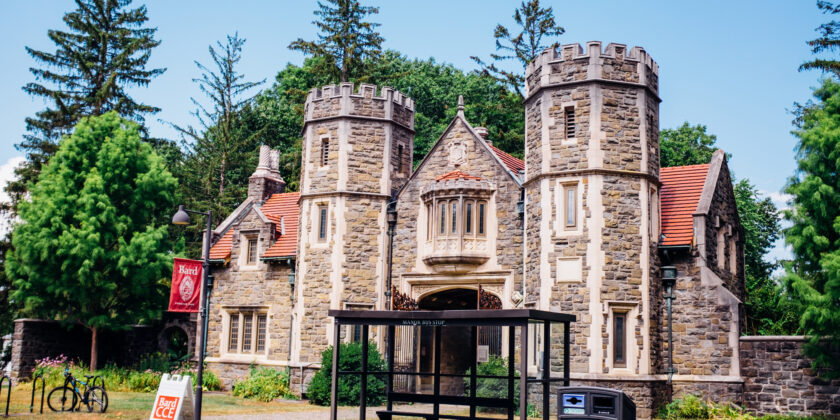
Yale podcast/blog: https://admissio
Michigan’s application instructions: http
Princeton’s helpful tips: https://admissio
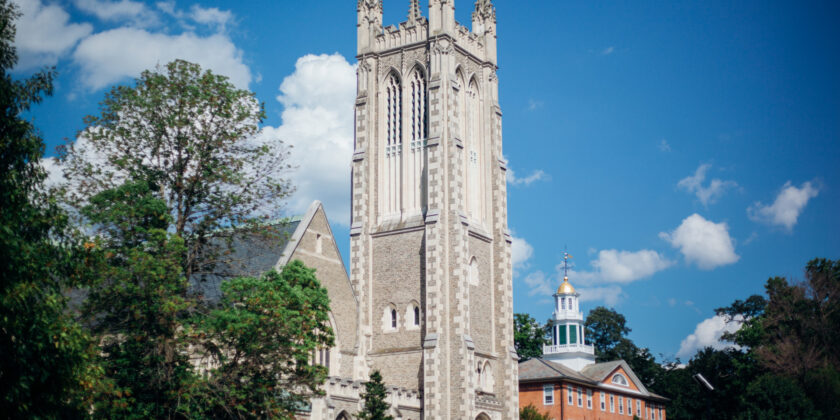
The strength of your curriculum (rigor), the grades you receive in academic courses (core academic GPA), and your extracurricular activities (ECs) are what matter most in the evaluation of a college application.
College counselors can help students choose the right courses and connect them with the learning support they might need to achieve excellent grades, but advising on the extracurricular activities that will help students stand out is much more complicated!
It’s getting harder and harder to stand out extracurricularly; a lot has been done before, and it can be tough to come up with original ideas when the internet provides conflicting information. It is easy to pay to undertake research or get published; spend time on a college campus taking a course alongside peers; or travel the world serving communities you don’t have an intimate connection to but that are exciting to visit and experience. For some applicants, these ECs do the trick—really!
However, if you are targeting selective schools, you’ll benefit from not taking the easy path when it comes to ECs.
Your ECs will need to not only support a clear academic narrative and demonstrate your intellectual curiosity but also highlight what matters most to you and what you care about in your world. You will benefit from getting creative!
We understand not everyone needs or wants full-blown college counseling, but we also want to make sure students really understand the role of extracurriculars in the college admissions process and spend their time wisely. If you are interested in a standalone extracurricular planning session to maximize the summer of 2024, reach out!
*Stay in the know! Subscribe*

Rising Seniors
Time flies, right? Hopefully, you’ve planned something interesting to explore your academic interests this summer. If not, there is still time! It might be too late for a formal summer program (a good thing, OK to skip these!) or linking up with a local faculty member to engage in research or work in their lab. Still, it is not too late to get a job and design an independent mini-project or community engagement activity.
You will also want to spend time on your college application materials, so don’t feel like you need to fill your entire summer with a laundry list of activities. Instead, it is best to do one or two things that are well-thought-out and meaningful and leave time for app work and some relaxation before senior fall because it will be an insanely busy time for you!
If you’ve finished or are nearly finished with the ACT/SAT, you might also want to consider starting your Common Application essay and completing the base data of your Common App this spring/early summer. If you are in need of essay guidance—shameless plug—grab a copy of The Complete College Essay Handbook: A Step-by-Step Guide to Writing the Personal Statement and the Supplemental Essays.
Rising Juniors
A big ticket item is preparing for and completing standardized testing. Take an ACT and SAT diagnostic and meet with a tutor to determine which test might be best for you, and then put a formal plan and timeline in place to prepare for that test. Junior year is no joke academically, and you’ll likely take the ACT or SAT more than once, so starting prep this summer is a good idea.
Like rising seniors, hopefully, you’ve got something interesting planned to help you explore your academic interests. The same guidance above applies. Here’s why this is important: colleges aim to create diverse, well-balanced classes made up of students with a range of identities and academic interests. For this reason, most colleges will consider your major of interest when making admissions decisions—and you need to have coursework and extracurriculars that demonstrate your interest. For the most competitive majors (CompSci, business, engineering, pretty much anything STEM, to name a few), demonstrating a high level of understanding paired with experience gained outside of school is critical if you want to stand out as an application. This is, of course, on top of stellar grades and test scores.
If you don’t know what your academic narrative is, now’s the time to decide and work on developing it; if you’re lost on how, reach out.
Rising Sophomores and Freshmen
Summers are for exploring! You could attend a pre-college program on a college campus, get a job, read, take free classes online, and volunteer. The key is to do something, or preferably, a few things! Get out there and get some experience and exposure—it’s how you figure things out. Make sure to write down everything you get involved. You’ll need a resume or activity sheet for college, and you can start it now. If you are fairly certain what you might want to study in college, pursue an opportunity this summer that helps tell that story.
The school year can be a grind, and your “job” is getting the best grades you can while balancing the limited time you have to spend on extracurriculars with homework…and hopefully some sleep. No matter what year you are in high school, think of summer as a time to explore, recharge, and dip into (or dig deeper into!) what you might not have time for from September through May.
*Stay in the know! Subscribe*
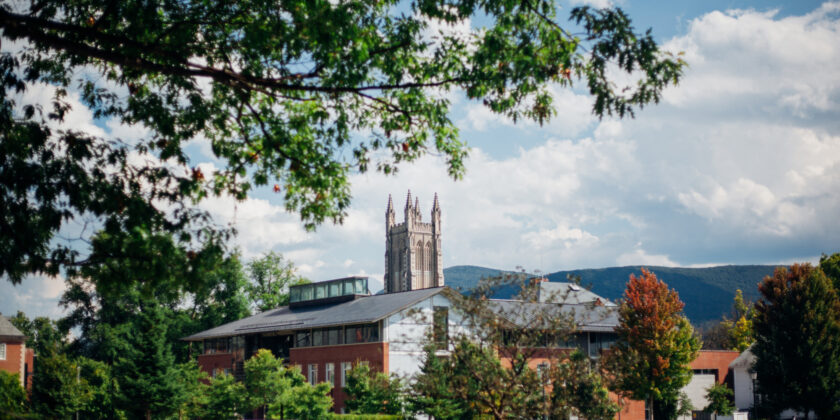
If you are a junior or sophomore and are looking to secure an internship it can help to get on LinkedIn. It’s one of the most convenient places to connect with potential employers, request informational interviews, and learn about the paths people have taken toward your dream role. There are many ways to get from high school to [insert dream role here]. It’s also faster than email in some cases!
It’s not hard to build a profile, and LinkedIn has published a guide just for high school students. You can access it here.
Some colleges also have a spot on their application to add a profile link; often, the more you can share about your interests, accomplishments, and goals, the better!
*Stay in the know! Subscribe*
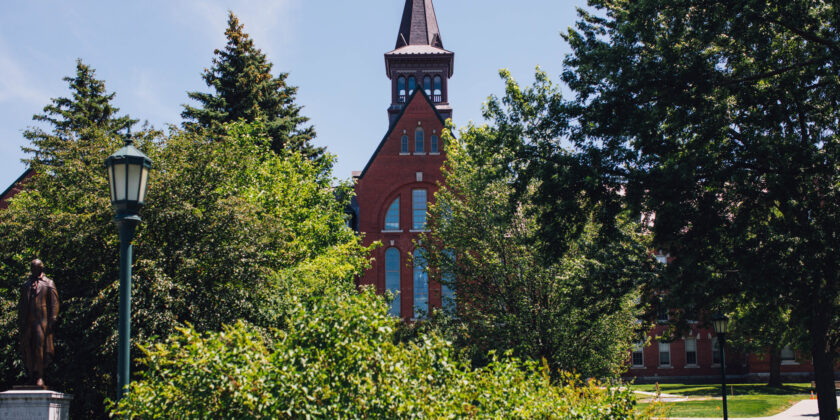
Let’s say you were a star student at an Illinois high school last year. You want to attend the University of Illinois at Urbana-Champaign, so you check out the Princeton Review’s guide. You find out that Illinois is competitive in admissions, but how competitive?
The answer actually depends on what you want to study.
To reach its class of 7,963 first-year students this fall, the university started with 63,258 applicants. It admitted 28,355 of them. That’s a competitive class to be sure, admitting 45 percent of those who applied.
But let’s say you want to study computer science, which was the intended major of 16 percent of the applicants. Of the 10,214 applicants, the university admitted only 7 percent of them.
Or let’s say you wanted to study business, which was the first choice of more than 10 percent of all applicants. Of the 6,771 applicants, 28 percent were admitted.
Major matters, and if a major is competitive, you need to be competitive for it. You need to take the right classes and have a resume that points toward that major. You’ll want to read more here!
*Stay in the know! Subscribe*
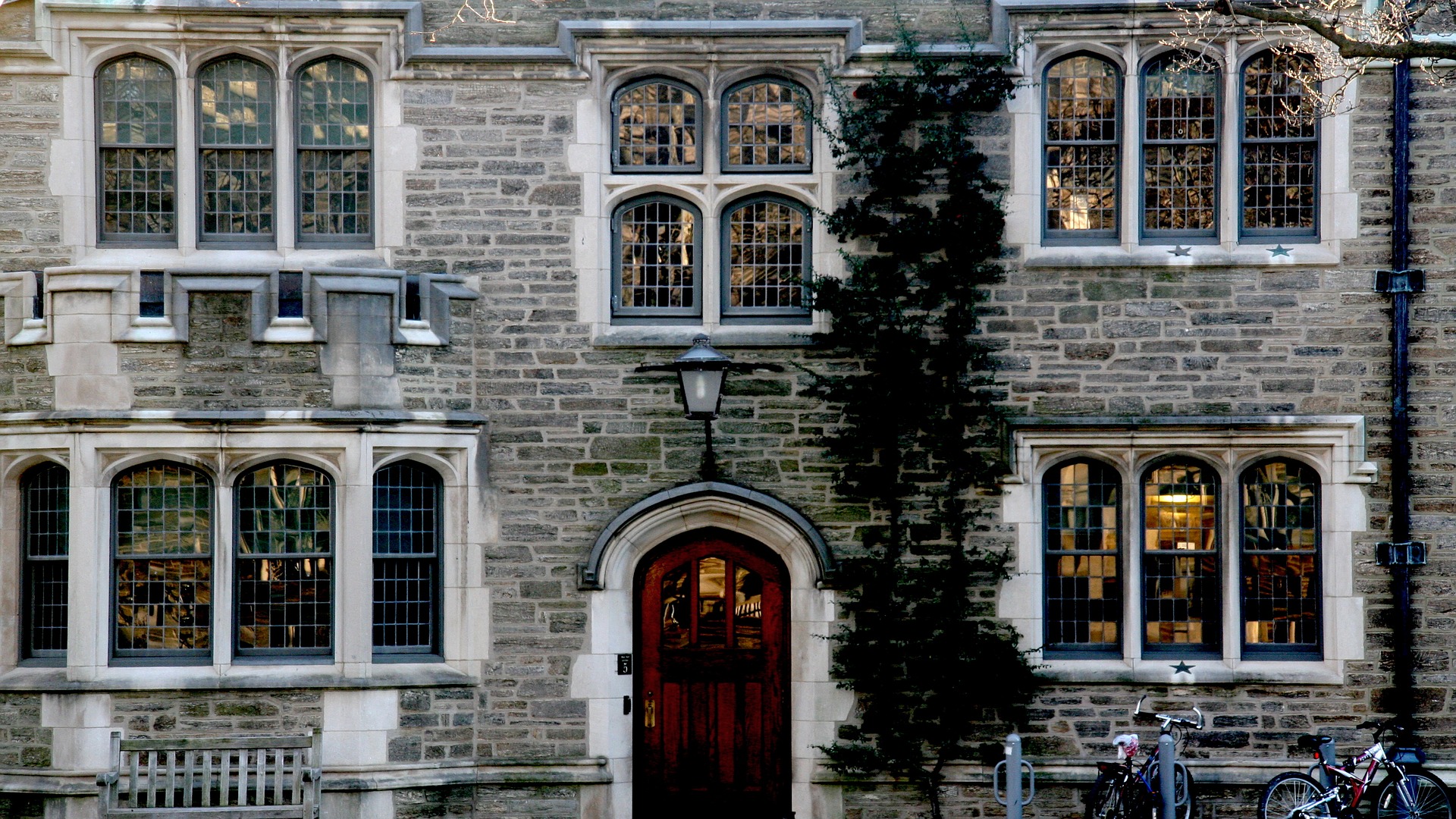
I have been pushing free classes via edX and Coursera for a while now. They are the perfect way for students to build their academic narrative, which is a must when applying to selective colleges. If you did not jump on this suggestion already, this summer is certainly the time.
Below are some of my favorites from both platforms. Click on the course title for a direct link!
English/Writing
Creative Writing Specialization, Wesleyan
Writing in the Sciences, Stanford
Write Your First Novel, Michigan State
Business/Psychology/Leadership
Leading People and Teams Specialization, U-Michigan
The Art and Science of Relationships, U Toronto
The Art of Negotiation, UC Irvine
New Models of Business In Society, UVA
Arts/Fashion
Circular Fashion: Design, Science and Value in a Sustainable Clothing Industry, Wageningen
Inspiring and Motivating Arts and Culture Teams, Michigan
Hollywood: History, Industry, Art, Penn
Weird/Wonderful
Star Trek: Inspiring Culture and Technology, Smithsonian
The Rise of Superheroes and Their Impact On Pop Culture, Smithsonian
*Stay in the know! Subscribe*

Seniors:
Juniors:
Sophomores and Freshmen: